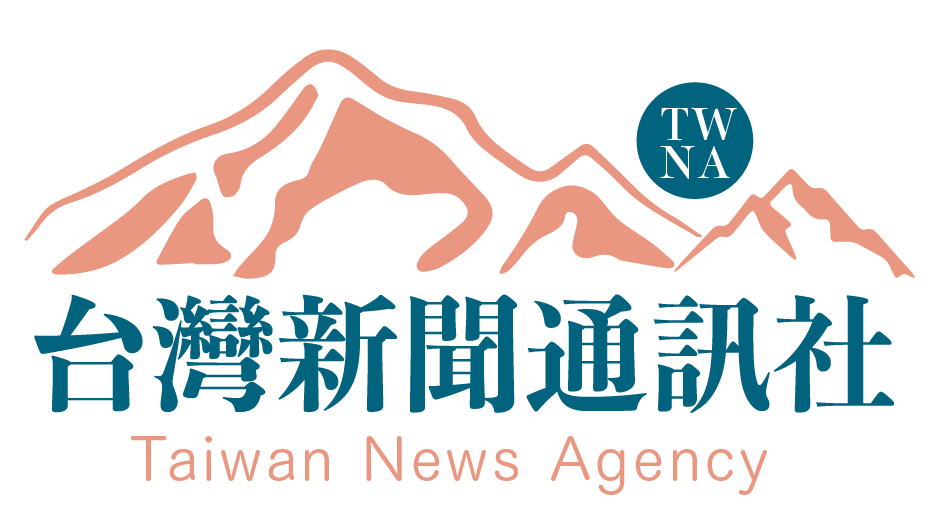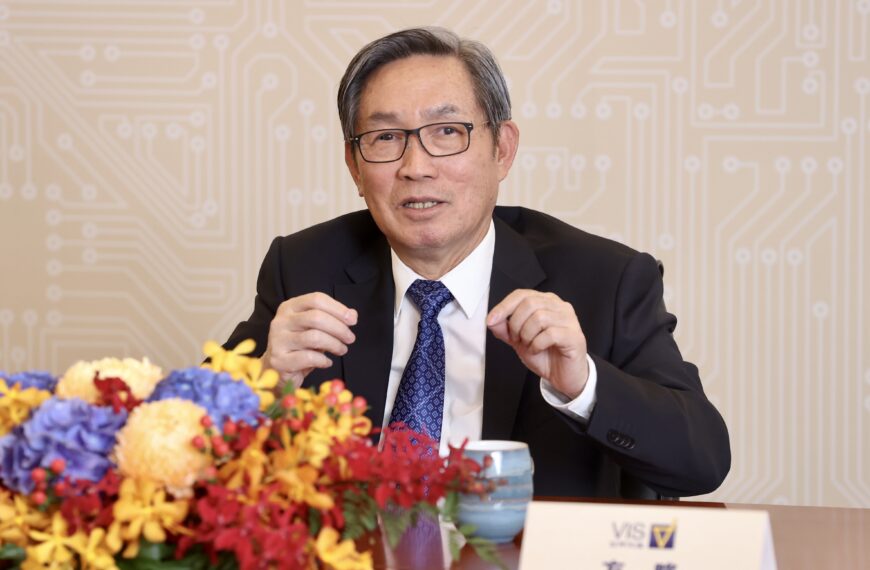FUNDING STALLED? The KMT’s Jessica Chen arrived at 5:40am, started the meeting at 9am, but ended it at 9:03am with no consensus on proposed amendments
By Chung Li-hua, Chen Yun and Lery Hiciano / Staff reporters, with staff writer
The Legislative Yuan’s Finance Committee met for only three minutes early yesterday morning before giving a preliminary approval to the Act Governing the Allocation of Government Revenues and Expenditures (財政收支劃分法), as debate continues over proposed amendments.
Chinese Nationalist Party (KMT) caucus whip Fu Kun-chi led legislators into the meeting room as soon as the doors opened at dawn, with KMT Legislator Jessica Chen (陳玉珍) serving as the meeting’s chair.
There were debates on Oct. 7 and 21, as well as further reviews on Monday, today and tomorrow over the 22 proposals.
None of the drafts were submitted by the Executive Yuan.
The proposals seek to increase the proportion of taxes that go to local governments rather than the central government, which could reduce the central government’s ability to control national finances and fund major infrastructure, social welfare and defense projects.
Democratic Progressive Party (DPP) Legislator Lin Chu-yin (林楚茵) said that the KMT “occupied” the meeting.
The DPP’s stance is that such an important law requires consensus from local governments and the central government, Lin said.
The DPP in prior meetings had plenty of opportunities to speak, Chen said, adding that she hoped the sessions would be conducted peacefully.
Dozens of KMT legislators shouted slogans, while Taiwan People’s Party lawmakers held signs that called for more equitable resource allocation.
DPP lawmakers said they were disrupting proceedings.
Chen arrived at 5:40am, with the meeting scheduled to start at 9am. When it did commence, she read through the proposals and after no consensus was reached, adjourned the meeting at 9:03am.
Executive Yuan spokeswoman Michelle Lee (李慧芝) said that the Executive Yuan’s position remains unchanged, as it recognizes the differing opinions on the drafts and hopes they can be discussed in greater detail.
The central government has increased its disbursements to local governments by 85 percent since 2014, with total funding at more than NT$800 billion (US$24.86 billion) both last year and this year, Lee said, quoting Premier Cho Jung-tai’s (卓榮泰) recent statements on tax revenue.
Next year, total funding — including project-specific grants — would total NT$1.015 trillion, which would help ensure steady progress on key projects and improvements to public welfare, she said.
The DPP supports local funding and the local governments headed by opposition parties have benefited substantially from such policies, DPP spokesman Justin Wu (吳崢) told a news conference following the meeting.
The KMT and the TPP are working together to rush these amendments through by taking over the review process and bypassing committees, Wu said.
Several local KMT politicians, including Taipei Mayor Chiang Wan-an (蔣萬安), Keelung Mayor George Hsieh (謝國樑) and Yilan County Commissioner Lin Zi-miao (林姿妙), have publicly praised their healthy municipal finances, Wu added.
Wu accused the KMT and the TPP of failing to consider how the central government funds projects for the good of the nation, such as cancer drug research, rather than how much each municipality would receive.
Their tactics have severely affected the lives of everyday Taiwanese, he added.
KMT Chairman Eric Chu (朱立倫) said that the DPP was prioritizing its own interests, and seeking to centralize fiscal control and resources, despite its ability to benefit from more local control over finances.
Chu thanked Chen for her efforts to decentralize finances and increase local autonomy.
There are local DPP officials who would also like to see the regulations amended, he said.
The proposals could halve the Ministry of National Defense’s budget, or a cut of NT$290 billion, despite promises by the KMT and the TPP that the military budget would not be affected, DPP Legislator Puma Shen (沈伯洋) told a meeting of the Legislative Yuan’s Foreign and National Defense Committee.
Deputy Minister of National Defense Po Horng-huei (柏鴻輝) said that its budget could not be reduced, as it symbolizes the country’s commitment to self-defense and would signal a lack of resolve to the international community.
Taiwan should increase the military’s share of the budget to boost deterrent capabilities and fend off “gray zone” provocations from China, which already strain the ministry’s finances, Po said.
Additional reporting by Shih Hsiao-kuang and Fang Wei-li
新聞來源:TAIPEI TIMES
2024/11/07 04:30
轉載自自由時報電子報: https://news.ltn.com.tw/news/focus/breakingnews/4855005


